Richmond Fed President Thomas Barkin said in a speech that the economy is giving “conflicting signals. The strength of the labor market might be saying “hold” or even “raise rates”. But low inflation and the bond market might be saying “lower rates.” He also pointed out that there are risks on “both on both sides”. Additional easing could “overstimulate inflation, distort labor markets or fuel an asset price bubble.”. Not easing could undermine Fed’s credibility” and leave policymakers “behind the curve”.
Barkin also talked about several headwinds. There is a “great deal of uncertainty” around trade and politics, which matters for business confidence. He’s “particularly concerned” about the “roller coaster” recently. “Between Brexit, the ongoing negotiations with China, tensions in the Middle East and the political headlines—to name just a few—it’s been tough for businesses to feel like they’re on solid ground.”




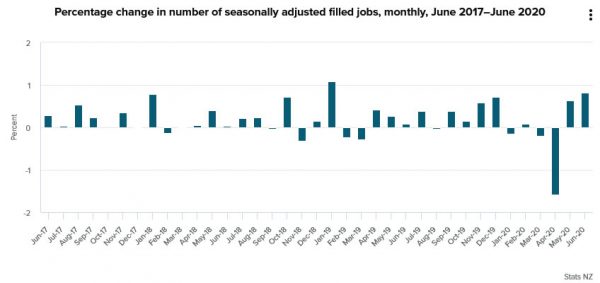
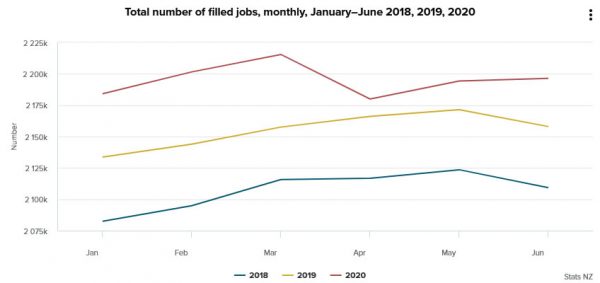
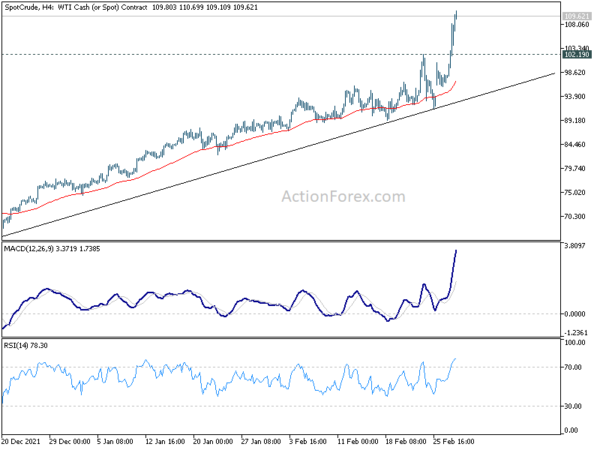
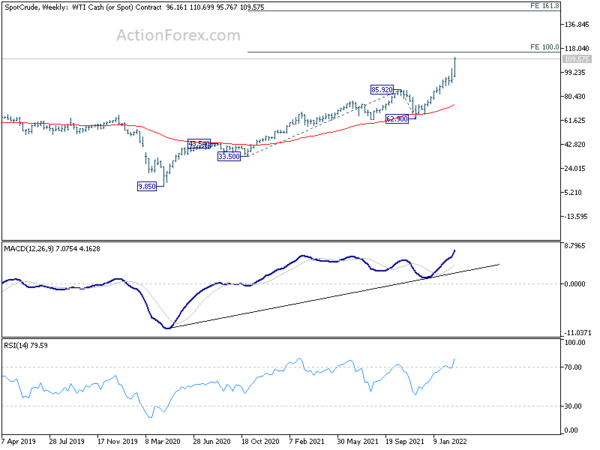
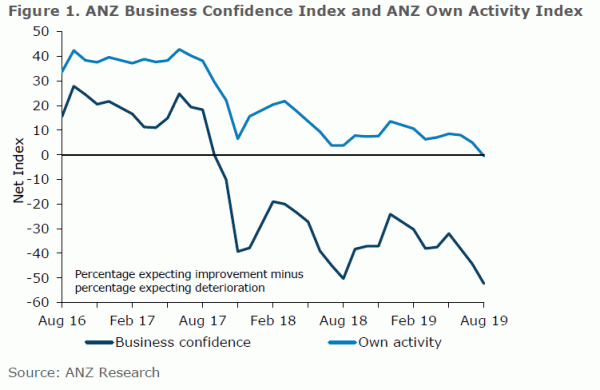
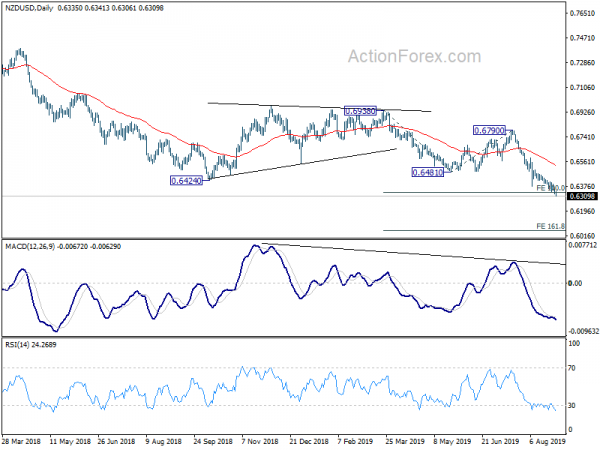
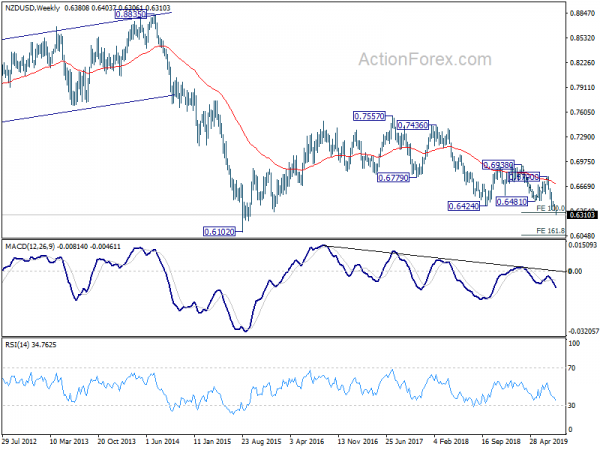
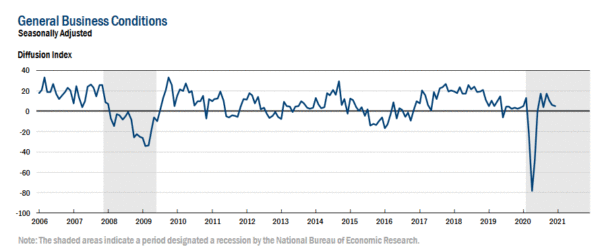
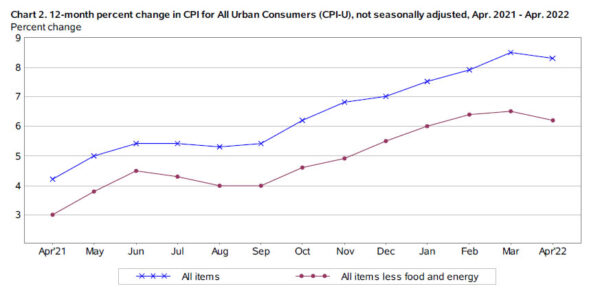
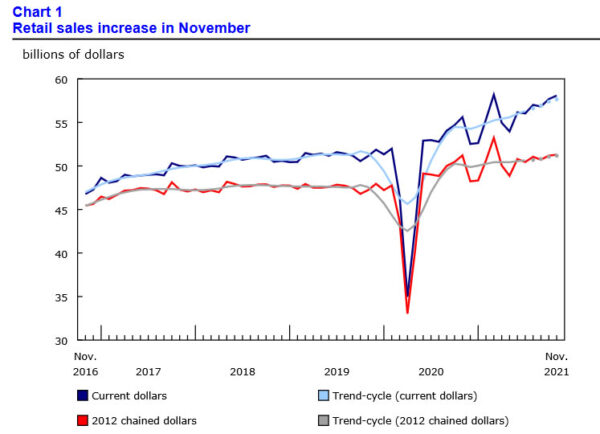
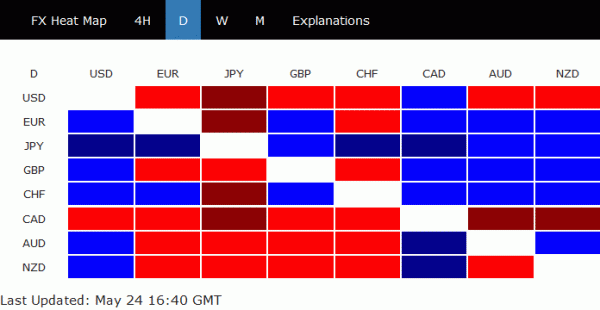
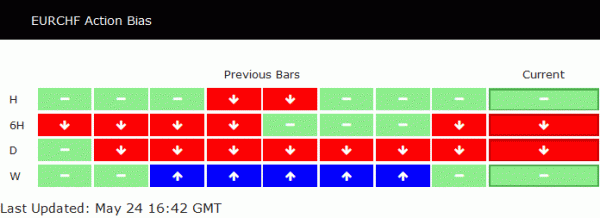
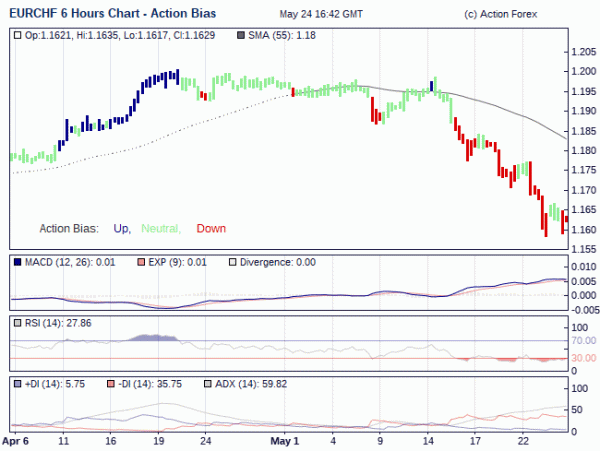
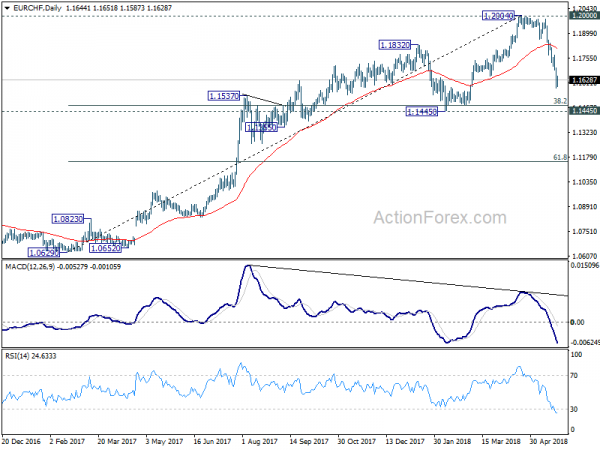

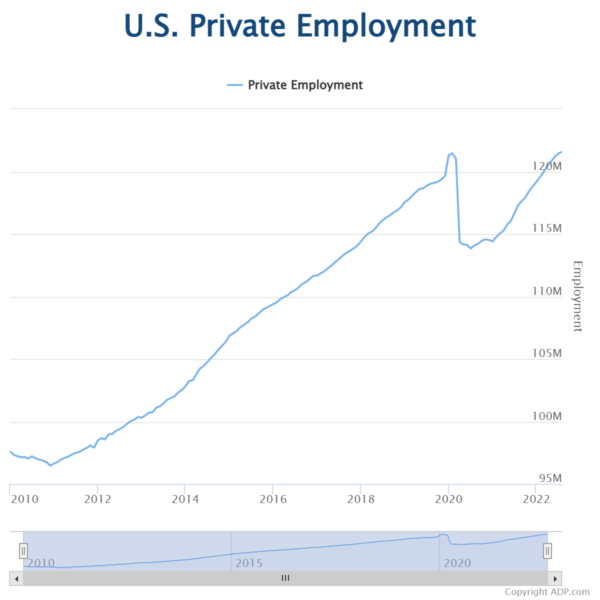
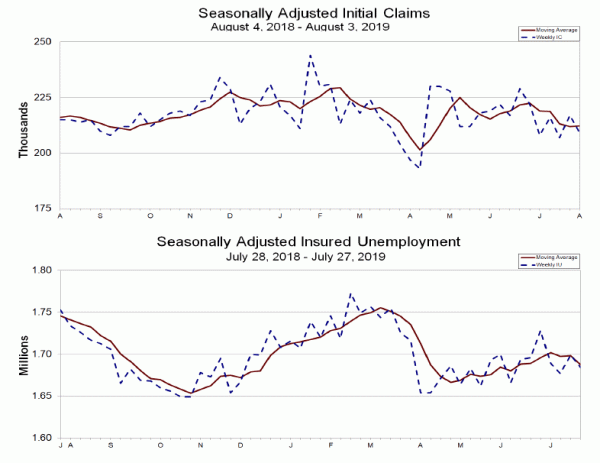

Stiglitz to China: Don’t appease to bully Trump
Nobel prize-winning economist Joseph Stiglitz commented on the intensification of trade war between US an China. He pointed out that China is “sitting on $3 trillion of reserves that it can use to help those adversely affected. On the other hand, in the US, “we don’t have an economic framework that is able to respond to the particular places that will be affected by a trade war. Also, he pointed out that “the fiscal resources of the United States are strained.”
In addition, Stiglitz also said that “when you have a bully like Trump, it would not be good to respond in a weak way.” He added that “we know about appeasement from Munich. It’s a different kind of a war but in a trade war appeasement could lead to more and more demands.”